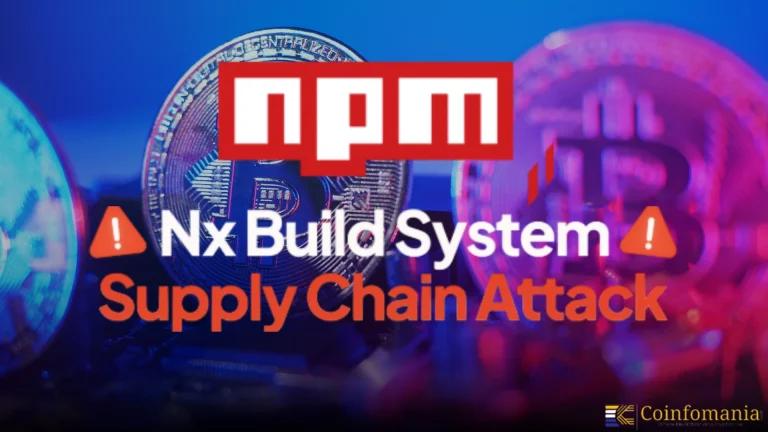$908K Stolen in Phishing Tied to 458-Day-Old Wallet Approval
A crypto user lost $908K in a phishing attack linked to an old wallet approval. This shows the need for regular token permission checks.

Quick Take
Summary is AI generated, newsroom reviewed.
$908K in USDC was drained from a wallet via an old smart contract approval.
The approval was signed 458 days before the attack, showing how long-standing permissions can be exploited.
Regularly reviewing token approvals is key to avoiding similar losses.
In a stark reminder of how old mistakes can haunt Web3 users, a crypto wallet lost over $908,000 in USDC due to a phishing scam. According to a post by Scam Sniffer, the theft was triggered by an approval the victim signed 458 days ago, long forgotten but still active. The attacker used that permission to transfer funds directly from the victim’s wallet to a phishing address.
The transaction, which occurred early August 2, was executed by the Pink Drainer group, a known phishing operation. The approval had remained unchecked and open, giving the attacker full access when the moment struck.
How It Happened
Smart contract approvals allow decentralized applications (dApps) to move tokens on a user’s behalf. While essential for DeFi, these permissions stay live until manually revoked. In this case, the victim signed an approval over a year ago. The attacker exploited this access, siphoning off nearly a million dollars in a single transaction.
Security researchers have warned that even old, seemingly harmless approvals can be reused by bad actors. It only takes one slip, a malicious website, a fake dApp, or an outdated connection, for an attacker to strike.
Token Approvals: A Silent Risk
Many users forget that smart contract approvals are not time-bound. If you’ve ever clicked “approve” on a DeFi app, that permission might still be active. That’s why security experts urge users to review their token allowances regularly.
To stay safe, users should make it a habit to use safety tools. Etherscan’s Token Approval page and Debank to help users check and cancel unnecessary permissions. It only takes a few minutes, but it can save thousands.
Not the First, Not the Last
This incident joins a growing list of similar cases. In the past year, several users have lost funds due to unrevoked approvals. Scam Sniffer and other on-chain watchdogs, such as PeckShield, have repeatedly flagged phishing attacks that weaponize forgotten wallet access.
These phishing schemes often use deceptive websites or links to trick users into signing malicious approvals. Once granted, those permissions can sit quietly until a scammer decides to cash in.
Who Is Scam Sniffer?
Scam Sniffer is a Web3 security firm focused on detecting scams and educating crypto users. Their browser extension and alerts help users spot phishing traps before it’s too late. Their early warning brought the incident to light, reinforcing the need for constant vigilance.
Stay Safe, Stay Updated
To protect their wallets, users should take a few key precautions. Start by checking your old token approvals; revoking the ones you don’t use anymore can block scammers before they strike. Don’t blindly sign smart contract prompts, no matter how legit they look. If you’re handling real value, a hardware wallet adds an extra layer of protection that’s hard to beat.
And don’t sleep on tools like Revoke.cash or Scam Sniffer’s browser extension, they’re like antivirus for your Web3 life. After all, the approval you forgot last year might be the one that drains your wallet tomorrow.
Follow us on Google News
Get the latest crypto insights and updates.
Related Posts

iPhone17 MIE Security Enhances Safety for Crypto Wallets
Ashutosh
Author

SwissBorg CEO Assures Users After SOL Exploit, Pledges Full Coverage
Shweta Chakrawarty
Author

Massive NPM Supply Chain Attack Hits Crypto Wallets
Ashutosh
Author